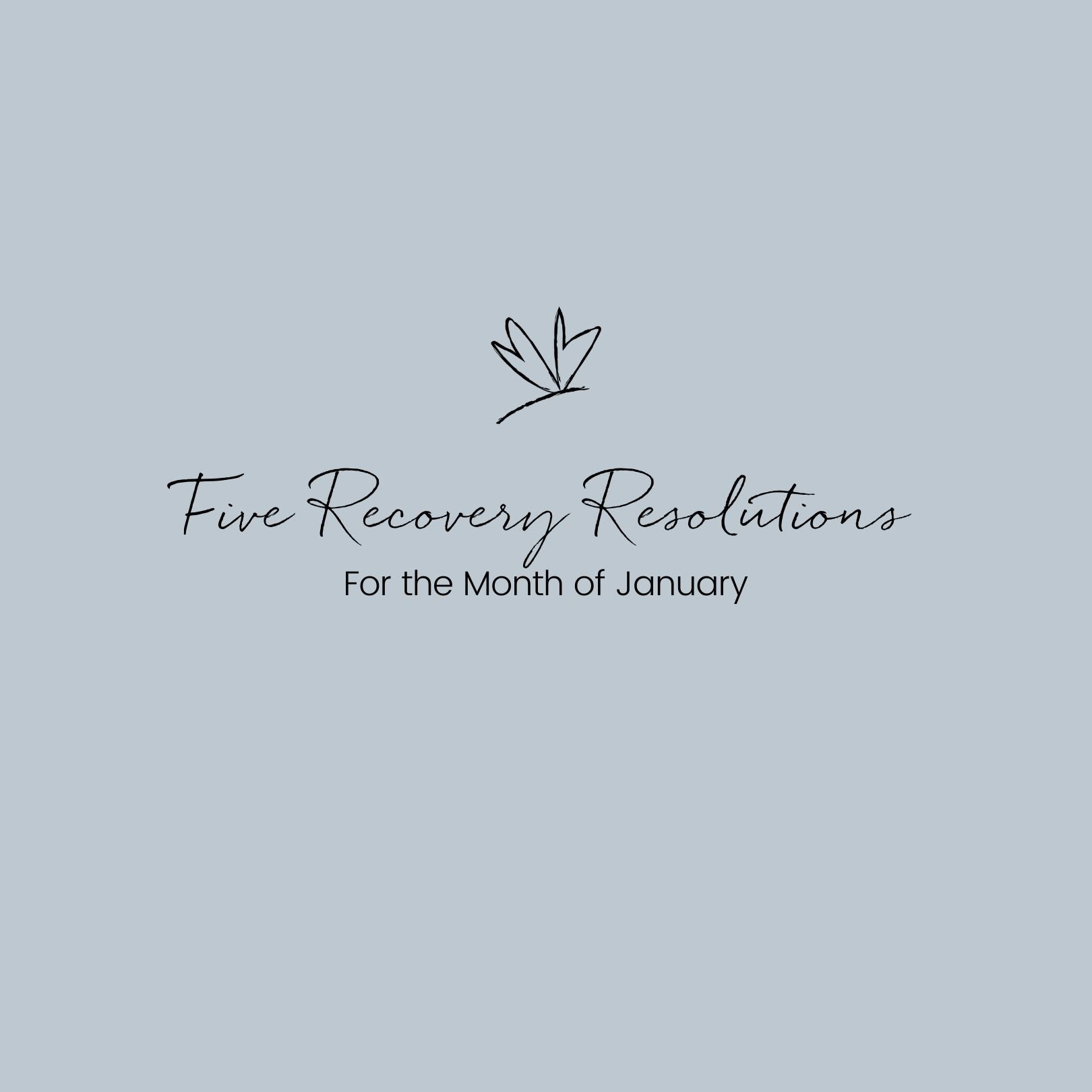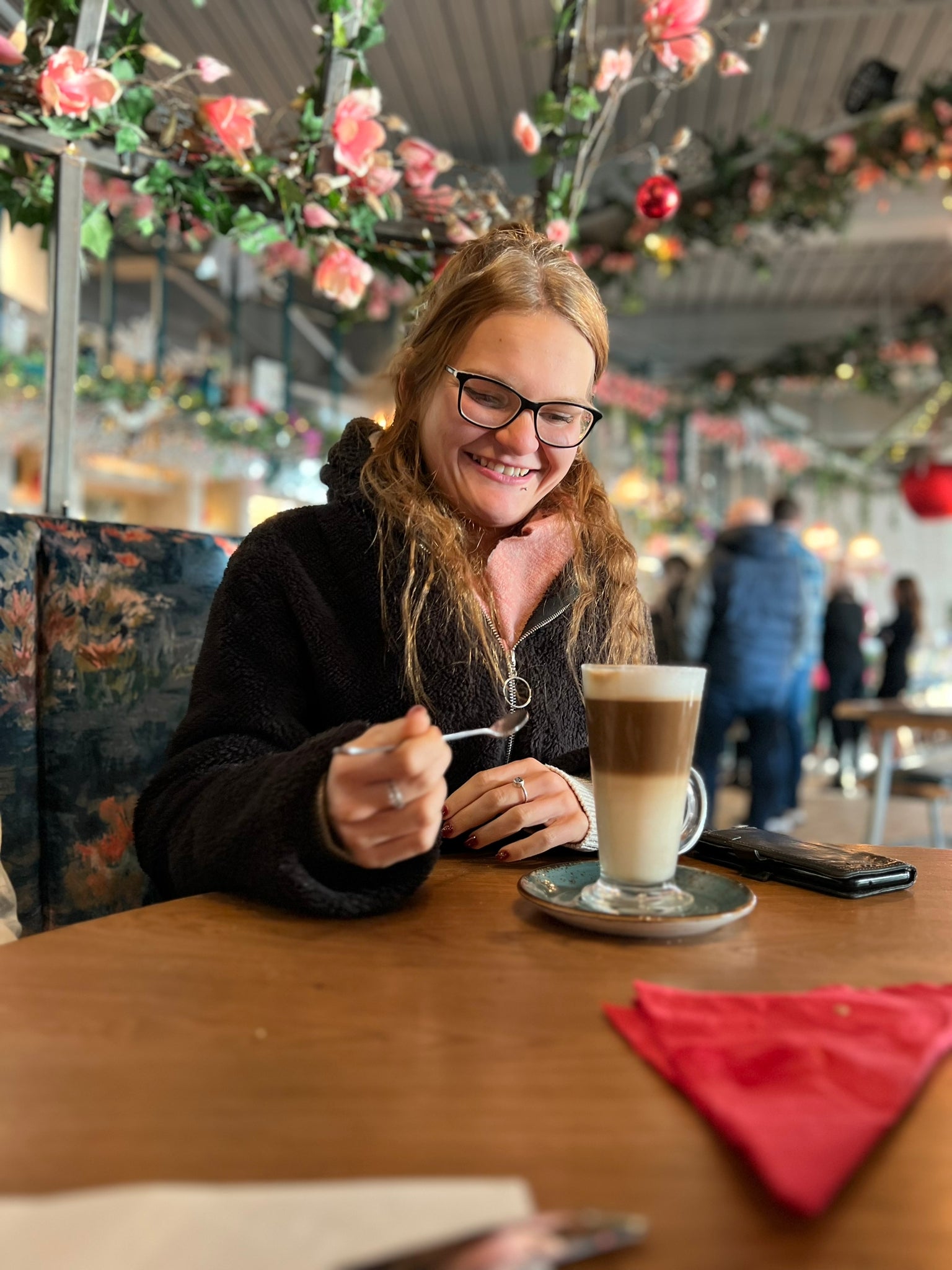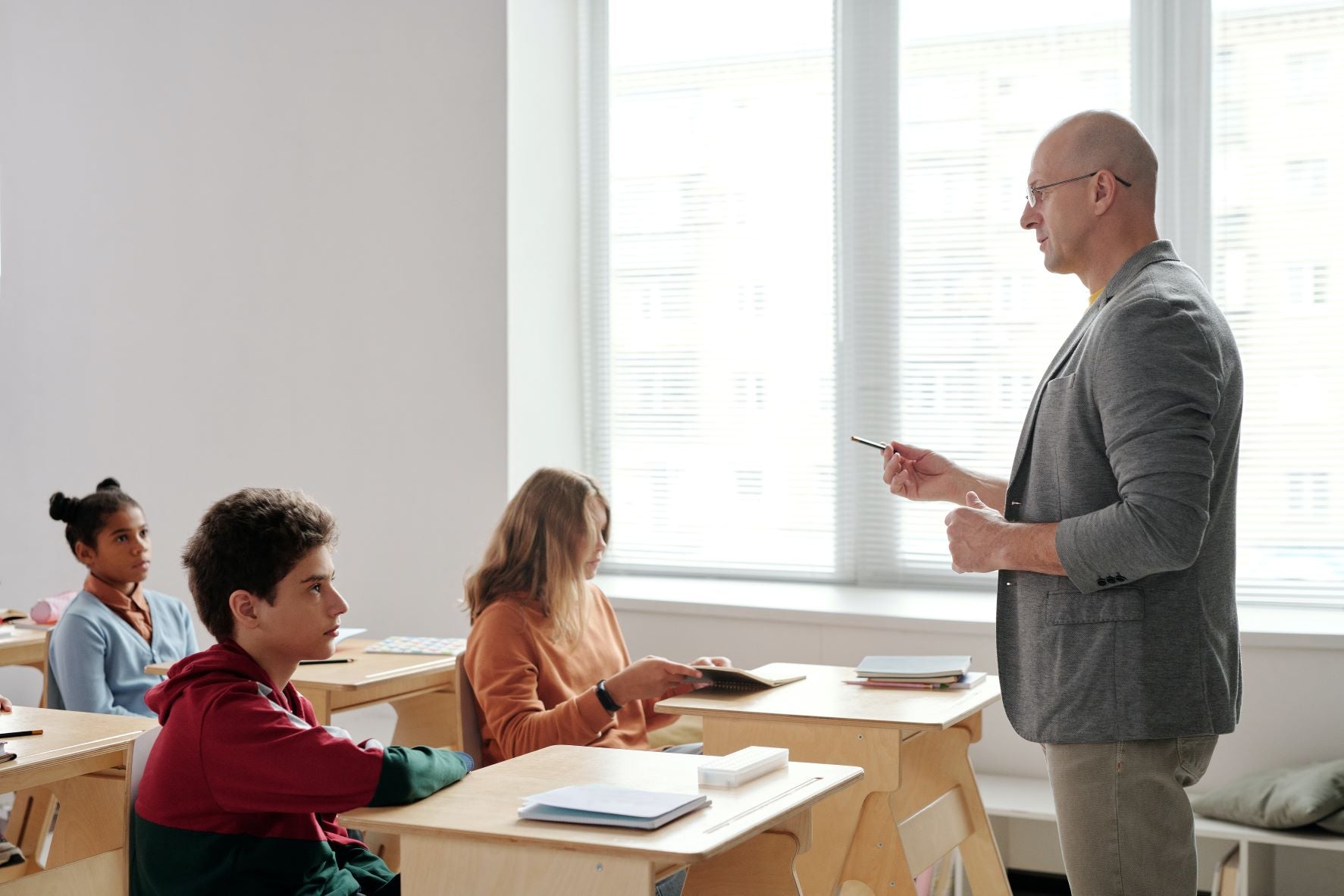Fanatical About Photos? An Eating Disorder Risk?
Once again, we’ve seen a new piece of research emerge in recent days, identifying a link between social media and eating disorders.
Those of us used to discussing issues around mental health, self esteem, body confidence and image, will be all too aware of the ongoing conversation which exists around whether indeed social media is perpetuating wellbeing frailties.
This latest research hails from Florida State University and specifically looks at the world of Instagram, and social media platforms which encourage us to upload photographs.
The findings of the study indicate that there is a very direct link between enhancing and posting pictures of ourselves, and having weight and shape concerns.
Published in the International Journal Eating Disorders, the conclusion suggests posting photographs increases urges to restrict food and elevates the sense of pressure around appearance.
But what are we to draw from this?
Do we conclude that if we removed the ability of our loved ones to post or edit selfie images, that they would never fall prey to an eating disorder?
Might we assume that someone with a history of, or currently dealing with, an eating disorder, might be ‘cured’ if they were to be removed of access to such social media platforms?
Hardly.
We have to remember when this kind of research is generated, that, although it’s a hugely useful insight into how social media might heighten our anxieties and insecurities, it isn’t the only factor in the creation of, or progression of, a mental health illness which is by its nature extremely aggressive and difficult to treat.
At Wednesday’s Child, we spend a lot of time talking to parents about their concerns around a child’s use of social media, and at the same time talking directly to those suffering from the illness about how they are engaging in social media platforms, and whether they themselves feel that relationship ‘online’ is healthy, somewhat obsessive, or indeed, completely triggering and unhealthy.
Eating disorders can start for a variety of reasons, and can be aggravated by a number of different factors too.
It would be unwise to suggest that the act of engaging on social media platforms – and specifically the ones which encourage the sharing of self-focused photography – is solely to blame, as that would be to neglect the recognition of what a devastating and complex illness an eating disorder is.
However, here are some useful thoughts to consider when it comes to social media engagement, and in particular, how it might or might not be appropriate to ‘rethink’ your use of such channels if your mental health and body image thoughts are at risk:
- Remember that social media channels rarely portray the ‘real world’ of most people’s lives. We can never now how edited the image is – or indeed, how much of a façade we are seeing portrayed of that person’s life
- Excessive screen use is never a good thing – and can often come at a compromise on the more important ‘real relationship’ activity we should be having in our lives
- Social media platforms, sadly, are often still full of people who abuse their presence in these domains. The likes of proana sites are all too real, as are accounts which are held by those who are leading an ‘unhealthy’ and ‘fixated’ way of life and which may be triggering to your recovery
- Always ask yourself why you are feeling the need to edit images and use channels in this way. Often we find ourselves doing so because we are ‘seeking validation’ in the form of likes. Could you be getting that validation through other healthier activities, relationships and self-care?
- Notice what images and content you are obsessing about when you visit these platforms. If you are drawn to a continuous look at food and at body sizes, this could be a clear indication of your mental hunger and need for further clinical / befriending support
If you recognise that some of these factors are issues for you, and you’d like help with your approach to social media – or perhaps you are a parent trying to wade through this difficult issue, please get in touch.
- May 2020





